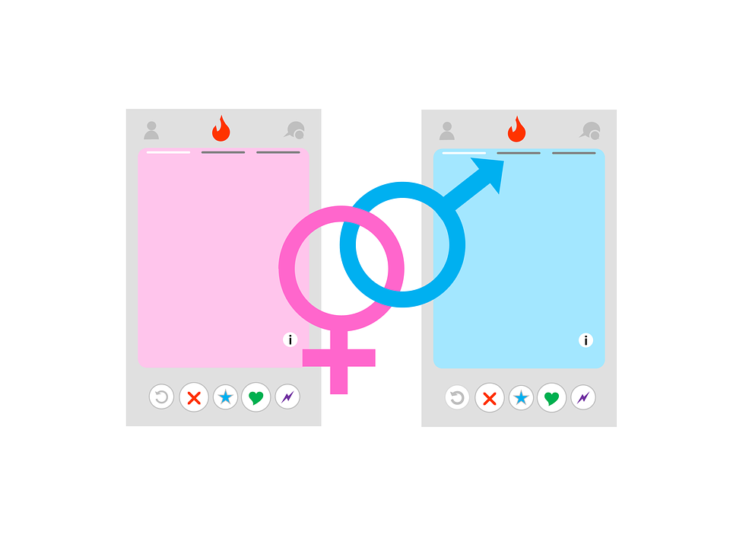Remember those 36 questions that had a brief stranglehold on the internet about a month ago because of their alleged power to make anyone fall in love? The questions grow more intimate as the list wears on, increasing a sense of vulnerability to the two participants. Sharing responses to the questions with a partner, and staring into each other’s eyes for four minutes afterward, made at least one couple in a lab experiment fall in love — and did the same for New York Times Modern Love columnist Mandy Len Catron.

Source: Pinterest
The questions had already been made available online for anyone to try on their own, but that didn’t stop the internet from popping out several apps based on it in a few weeks flat. Anthony David Adams, creator of the Love Game, one of the most popular apps inspired by the Times article, read the piece on the one-year anniversary of a painful breakup. It sparked an idea in him, and he immediately went to work on the online app, which he and an acquaintance used to form a romantic relationship themselves. The app was an overnight sensation, with 200,000 players in its first two days of existence. Now, Adams is on a mission to turn the app into a real-life card game and has launched an IndieGoGo campaign to make it happen.

Source: Pinterest
If this brings more people together and creates more happy, healthy couples, that’s pretty cool, especially in this disconnected world we live in – but it’s worth noting that the 36 questions, and the description of the experiment, are already available online through the Times. I mean, do we have to have such a rampant race to capitalize on this? Can’t it just be about love, dammit? Am I just too cranky!? A card game would make the process a more tangible, tech-free experience and allow people to engage better, so maybe it’s not the worst idea in the world. For what it’s worth, my boyfriend and I tried answering the questions about a week ago – just scrolling through the original list on my phone rather than with the app — and it was a great experience.

Source: Pixabay
The questions weren’t particularly earth-shattering, but they served as great prompts for meaningful conversation. We learned a few new things about each other that we were delighted and surprised we’d never discovered. In some cases, we interpreted the meanings of the questions in totally different ways, which I loved. It highlighted the different ways we think and ways we challenge each other, some of which we’d never even noticed. The questions didn’t turn the world upside down, but they definitely made us feel closer and more connected. I still don’t think anyone needs an app or game to have that same adventure, but if it enhances the experience, then maybe that’s reason enough to support it. Maybe the app has more reach than the original article and thus will create more relationships. Can you see how hard I’m trying not to be a cranky tech-phobe here? What do you think? Have you tried the questions yourself?
[TechCrunch]Original by Claire Hannum
